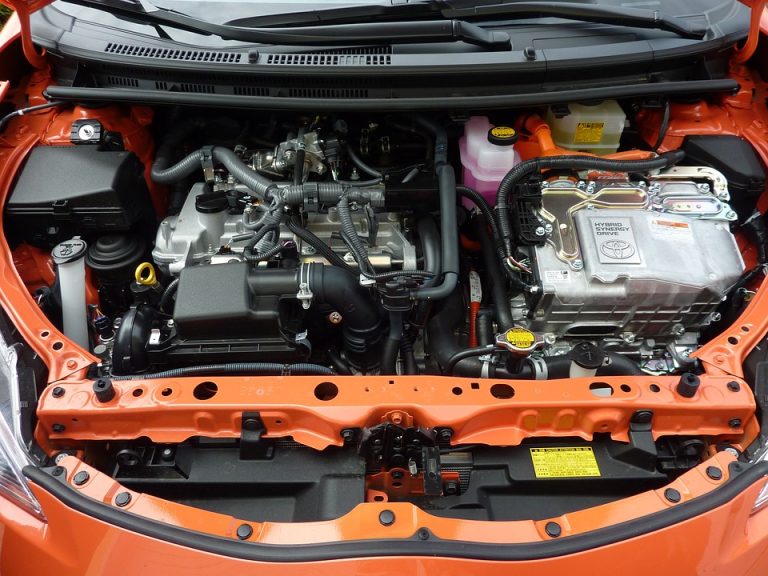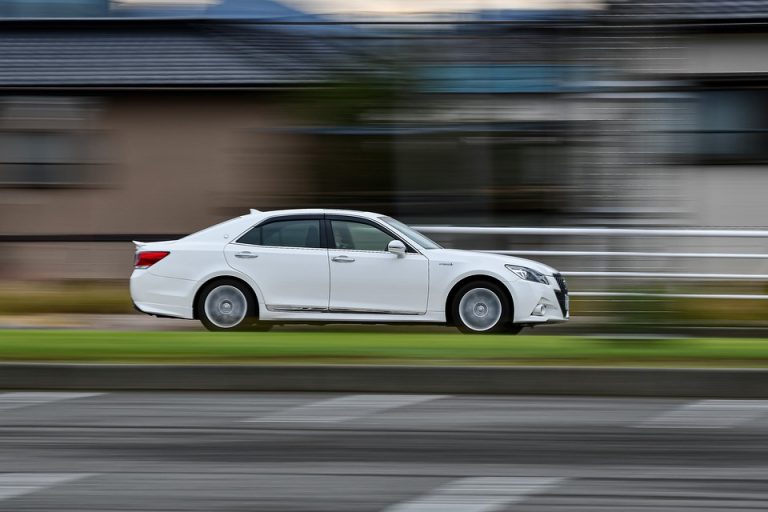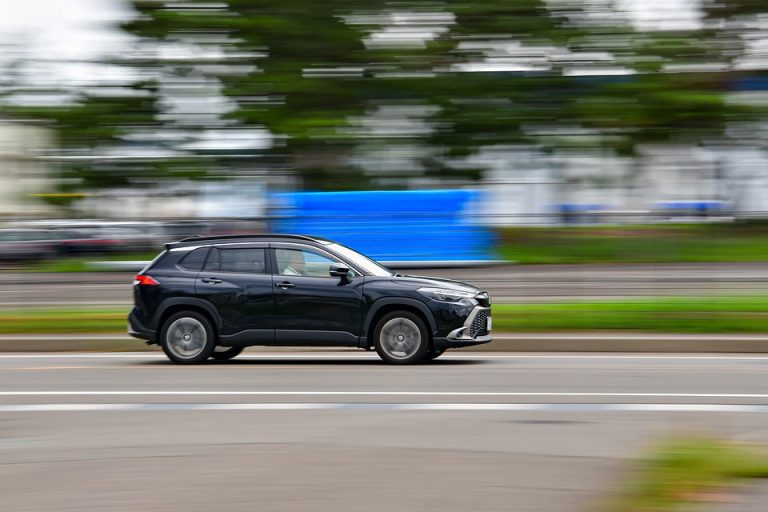Maximizing Your 2008 Toyota Camry Gas Mileage
[ad_1]
A reliable and efficient car like the 2008 Toyota Camry deserves to be treated with the best care possible. Maximizing your Camry’s gas mileage is not only good for your wallet, but it also helps to reduce your carbon footprint. In this article, we’ll explore some simple and effective ways to maximize the gas mileage of your 2008 Toyota Camry, so you can get the most out of every gallon of gas.
How can I maximize my 2008 Toyota Camry’s gas mileage?
When it comes to maximizing your Camry’s gas mileage, there are a few key things to keep in mind. First, make sure your car is in good condition. This means keeping up with regular maintenance, such as oil changes, tire rotations, and air filter replacements. Keeping your car in top shape can make a big difference in how efficiently it uses fuel.
Another important factor in maximizing gas mileage is your driving habits. Avoiding rapid acceleration and hard braking can help improve fuel efficiency. Try to maintain a steady speed, especially on the highway, as this can also contribute to better gas mileage. Additionally, using cruise control when appropriate can help you maintain a consistent speed and save on fuel.
What can I do to improve the aerodynamics of my Camry?
Improving the aerodynamics of your Camry can also lead to better gas mileage. One simple way to do this is by keeping your windows closed when driving at higher speeds. This reduces drag and can help your car use less fuel. Additionally, removing roof racks or carriers when not in use can also improve aerodynamics and fuel efficiency.
It’s also worth considering the type of tires you have on your Camry. Low rolling resistance tires are designed to improve fuel efficiency by reducing the energy lost as the tire rolls. Making sure your tires are properly inflated is also important, as underinflated tires can cause your car to work harder and use more fuel.
Are there any specific maintenance tasks that can help improve gas mileage?
Yes, there are several maintenance tasks that can contribute to better gas mileage for your Camry. Regular oil changes are essential, as old or dirty oil can cause your engine to work harder and use more fuel. Keeping your air filter clean is also important, as a clogged filter can restrict airflow and reduce fuel efficiency.
Checking and replacing spark plugs as needed can also help improve gas mileage. Worn or dirty spark plugs can cause misfires, which can lead to wasted fuel. Finally, having your car’s fuel system cleaned periodically can help ensure that your engine is running as efficiently as possible.
What are some driving habits that can help improve gas mileage?
In addition to avoiding rapid acceleration and hard braking, there are a few other driving habits that can contribute to better gas mileage. When driving in city traffic, try to anticipate stops and starts to minimize unnecessary acceleration and braking. Keeping a consistent speed and avoiding idling can also help conserve fuel.
If you’re driving in an area with lots of traffic lights, consider using the “pulse and glide” technique. This involves accelerating to your desired speed, then taking your foot off the gas and coasting to the next traffic light. This can help improve fuel efficiency by reducing the amount of time you spend accelerating.
How can I make the most of my 2008 Toyota Camry’s gas mileage in different driving conditions?
Driving conditions can have a significant impact on your Camry’s gas mileage. In stop-and-go city driving, try to minimize unnecessary acceleration and braking, as this can waste fuel. Keeping a consistent speed and avoiding aggressive driving can also help improve fuel efficiency.
When driving on the highway, using cruise control when appropriate can help maintain a steady speed and save on fuel. Additionally, keeping your windows closed at higher speeds can reduce drag and improve aerodynamics. If you’re driving in hilly terrain, try to maintain a steady speed and avoid unnecessary acceleration and braking whenever possible.
Conclusion
Maximizing the gas mileage of your 2008 Toyota Camry is a combination of regular maintenance, efficient driving habits, and a few simple tweaks. By keeping your car in good condition, driving thoughtfully, and making simple adjustments, you can get the most out of every gallon of gas, saving money and reducing your environmental impact in the process.
FAQs
1. Can using premium fuel improve my 2008 Toyota Camry’s gas mileage?
Using premium fuel is unlikely to significantly improve your Camry’s gas mileage, as it is designed to run on regular unleaded gasoline. Stick to the fuel grade recommended by the manufacturer for optimal performance and efficiency.
2. Will adding aftermarket accessories improve my Camry’s gas mileage?
While some aftermarket accessories, such as aerodynamic modifications or performance chips, may claim to improve gas mileage, they are unlikely to make a significant difference. It’s best to focus on regular maintenance and efficient driving habits for the best results.
3. Should I be using a fuel additive to improve my Camry’s gas mileage?
Using a fuel additive is generally unnecessary for most modern vehicles, including the 2008 Toyota Camry. Stick to regular maintenance and good driving habits to maximize your gas mileage.
4. Will installing a cold air intake improve my Camry’s fuel efficiency?
A cold air intake may improve your car’s efficiency at higher speeds, but the difference in gas mileage is likely to be minimal. Instead, focus on keeping your car well-maintained and driving efficiently.
5. Can using synthetic oil improve my Camry’s gas mileage?
Using synthetic oil may provide some minor improvements in fuel efficiency, but the difference is unlikely to be significant enough to warrant the higher cost of synthetic oil. Stick to the manufacturer’s recommendations for oil type and change intervals for the best results.
[ad_2]







